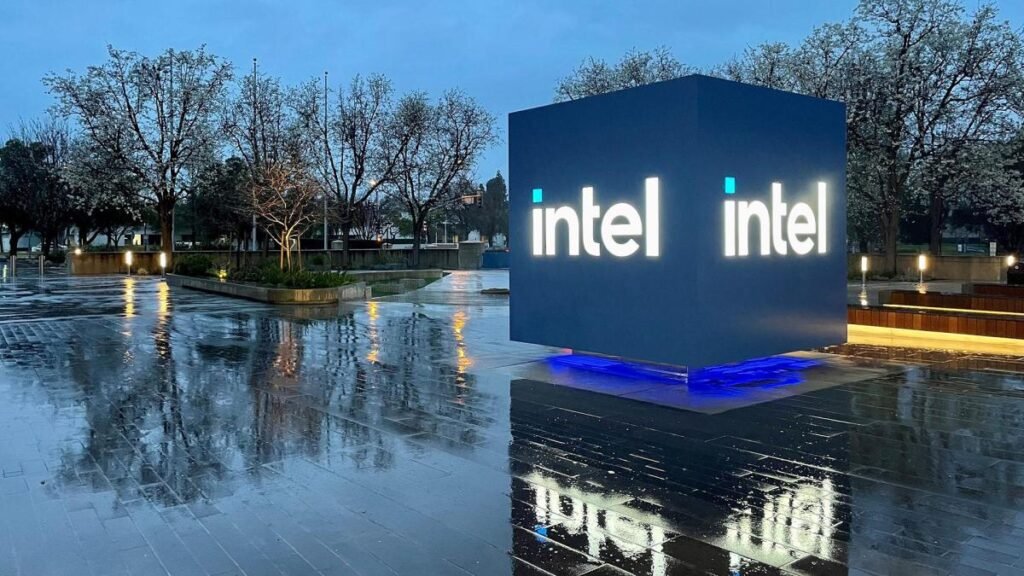The Trump Administration’s Influence on Intel’s Foundry Business
Recent developments indicate that the Trump administration is exerting control over Intel’s decision-making process regarding its foundry business unit, which has been struggling in recent times.
According to a report from the Financial Times, Intel’s CFO David Zinsner revealed new information at a Deutsche Bank conference regarding a deal with the U.S. government that resulted in the government acquiring a 10% equity stake in the company.
The terms of the deal are structured in a way that would penalize Intel if it were to spin out its foundry business unit, which specializes in producing custom chips for external clients, within the next few years.
As part of the agreement, a five-year warrant was included that would allow the U.S. government to acquire an additional 5% of Intel at $20 per share if the company’s equity in its foundry business falls below 51%. Zinsner expressed his belief that this warrant would eventually expire.
Zinsner mentioned that Intel received $5.7 billion in cash following the deal, as reported by Reuters. This amount was a result of the remaining grants previously awarded to Intel under the U.S. CHIPS and Science Act.
White House press secretary Karoline Leavitt stated that the details of the deal are still being finalized.
Intel refrained from providing further comments on the deal, indicating that they are in alignment with Zinsner’s statements.
The Implications of the Deal
This deal signifies the Trump administration’s efforts to boost domestic chip manufacturing in the U.S., especially as more industry players are turning to offshore options like Taiwan Semiconductor Manufacturing Company.
However, the terms of the deal also mean that Intel is obligated to retain a business unit that is currently facing financial losses. Intel Foundry reported an operating income loss of $3.1 billion in the second quarter, posing challenges for the semiconductor giant.
There have been suggestions from analysts, board members, and investors to spin off the struggling foundry unit. This possibility seemed likely last fall, but the sudden departure of Intel Foundry’s former CEO Pat Gelsinger in December put these plans on hold.

